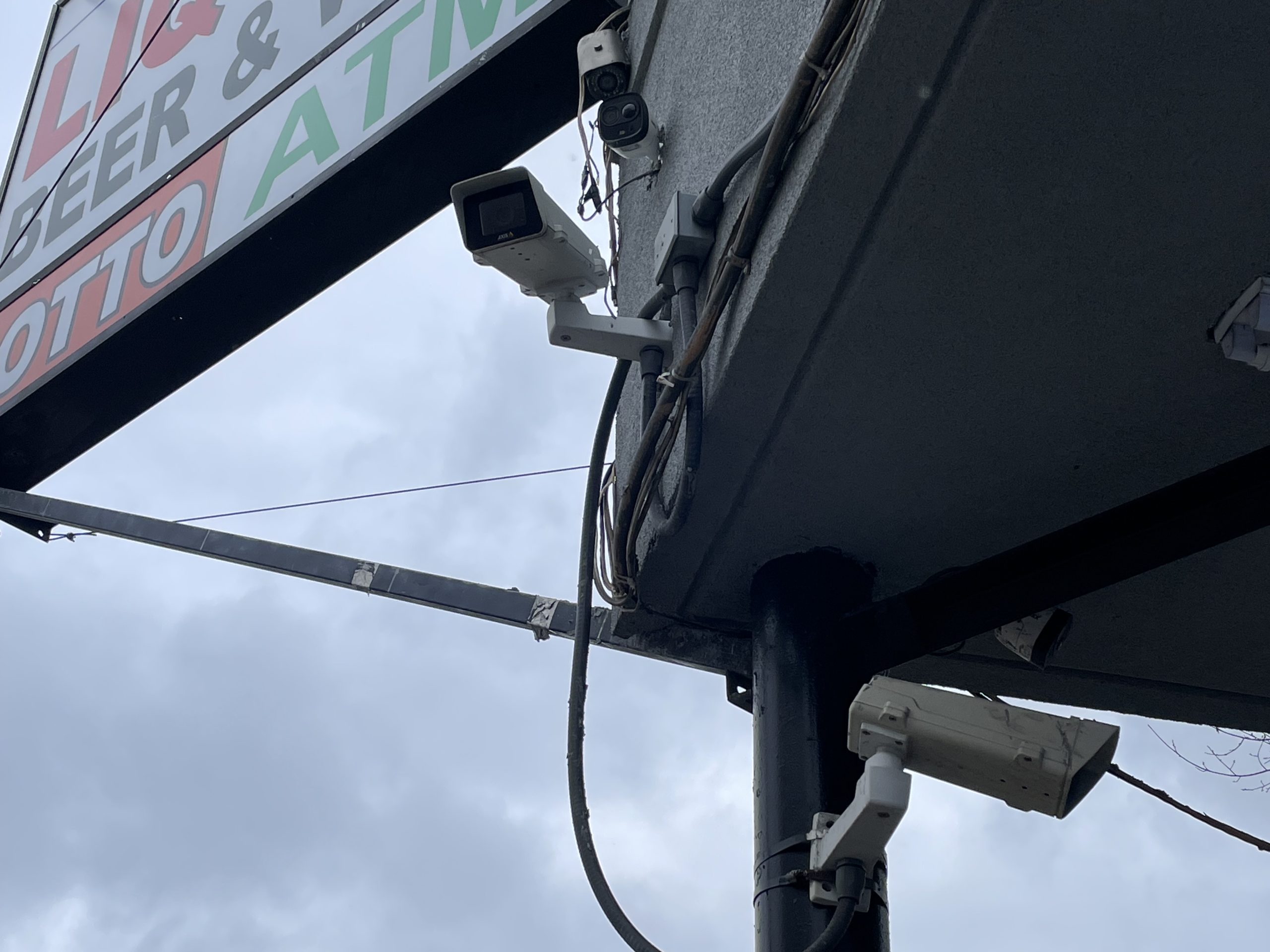- cross-posted to:
- detroit
- cross-posted to:
- detroit
Police surveillance tools have multiplied in the two years since the council adopted a Community Input Over Government Surveillance ordinance. The 2021 law, created in partnership with civil rights groups, requires public disclosures before the council can approve technology contracts. Advocates say loopholes in the law and a lack of data reporting have undermined efforts to inform residents about how their information is being collected.
Tawana Petty is a fellow with the Social Science Research Council and Detroit activist who was working with the council and ACLU to draft an oversight ordinance. Petty pulled her support for what ultimately passed in 2021, saying input from the Detroit Police Department resulted in “too many carve outs” for police to avoid disclosures.
“Even a cost analysis would be helpful,” [said Council Member Gabriela] Santiago-Romero [Public Health and Safety committee chair]. “If you tell me something is going to lower crime, I need a benchmark. It’s the same with our garbage, we have expectations of when it gets picked up and if it’s not you’re not doing your job and we’ll find another company. What I’m seeing with DPD is we’re not as stringent, and we should be.”


